- AI
- A
Sam Altman: "Next-generation AI will be able to invent breakthrough technologies and cure diseases"
According to the company's CEO, Sam Altman, the next generation of artificial intelligence systems will be able to perform tasks independently without human intervention, and this is made possible by models such as OpenAI's new o1 model.
Disclaimer 1: this is a free translation of a column by Ryan Morrison, which he wrote for Tom's Guide. The translation was prepared by the editorial team of "Technocracy". To not miss the announcement of new materials, subscribe to "Voice of Technocracy" — we regularly talk about news about AI, LLM, and RAG, as well as share useful must-reads and current events.
Speaking at the T-Mobile Capital Markets Day event, Altman praised the merits of the o1 models and their ability to "reason". He claims that this will open up entirely new possibilities for AI that were previously unavailable with previous GPT-class models.
Altman believes that these reasoning models, capable of working through a problem before providing a solution, will allow the development of third-level AI, which he describes as agent systems.
Agent systems are when ChatGPT can effectively act independently to provide the user with the best possible answer, including performing tasks in other services. This will lead to the fourth level — systems capable of innovation.
So what is the main change in AI?
During the conversation, Altman acknowledged the strengths of the current series of GPT models, including GPT-4, which underpins ChatGPT and Advanced Voice. These models are initially multimodal but work like any previous AI — token by token.
"The GPT series models have done a great job with 'system-1' thinking, but we needed systems capable of reasoning. If AI can reason about problems, it will have tremendous value. o1 is the first system capable of complex reasoning, and if you give it a complex task, you will get amazing results." — Sam Altman
Here, "system 1" refers to fast, intuitive, and automatic cognitive processes. "System 2," which o1 models aim for, involves more deliberate, logical thinking, though slower. These systems were described by Daniel Kahneman, one of the founders of behavioral economics and a Nobel laureate.
Altman emphasized the significance of this progress: "This approach will eventually look as significant as the release of GPT. Imagine that existing models capable of reasoning are at the level of GPT-2, but very soon they will reach the level of GPT-4."
In other words, reasoning models are currently in the early stages of development: o1-preview roughly corresponds to GPT-2, which preceded the launch of ChatGPT in November 2022.
Despite the early stage, he expressed confidence in rapid progress: "But in the coming months, you will see updates as we move from o1-preview to o1. The improvement curve is very steep, and what models cannot solve today, they will be able to solve in a few months."
Altman also noted the potential for new and innovative applications: "We will see completely new ways of using these models... We are so early with o1 that new methods of its application will emerge, and it will take time for us and users to figure out how to do it."
Why is o1 so important?
OpenAI o1 is a completely new class of large language models. Previous generations and approaches, including the GPT family, responded to the user's request token by token, which often led to hallucinations or completely incorrect information.
There are several methods to circumvent this problem, including increased context windows that allow the AI to have access to previously corrected details, and memory functions that do the same but over several chats. However, these are only temporary solutions, and a paradigm shift was needed.
With o1, OpenAI changed the approach by moving to the concept of "chain of thoughts," where after you give the AI model a request, it goes and works through the problem step by step, much like a person thinks through a task before providing an answer. I'm sure many of us had our grades lowered in school for not showing our work properly; well, now the AI also has to demonstrate its thought process.
Speaking to representatives of T-Mobile, Altman named healthcare and education as excellent areas where models like o1 can have a significant impact. "If you imagine that every student receives individual training created specifically for them, as well as other learning opportunities," - this is very important. He is very hopeful that AI will help make scientific discoveries. "If AI helps us invent new things, cure diseases, come up with better energy sources, it will be a huge victory."
Altman concluded his speech by once again emphasizing OpenAI's commitment to deep learning and their belief in the path to artificial general intelligence (AGI), while remaining open to changing their approach based on continuous learning. He envisions a future where AI agents empowered by this technology will have a huge impact on the world.
Altman says we should expect the first full version of o1, not mini or preview, in the coming months, and o2 and next-generation versions in the coming years. It is unclear whether the "o" family of models will become agents or if it will be another paradigm shift similar to the transition from GPT to o.
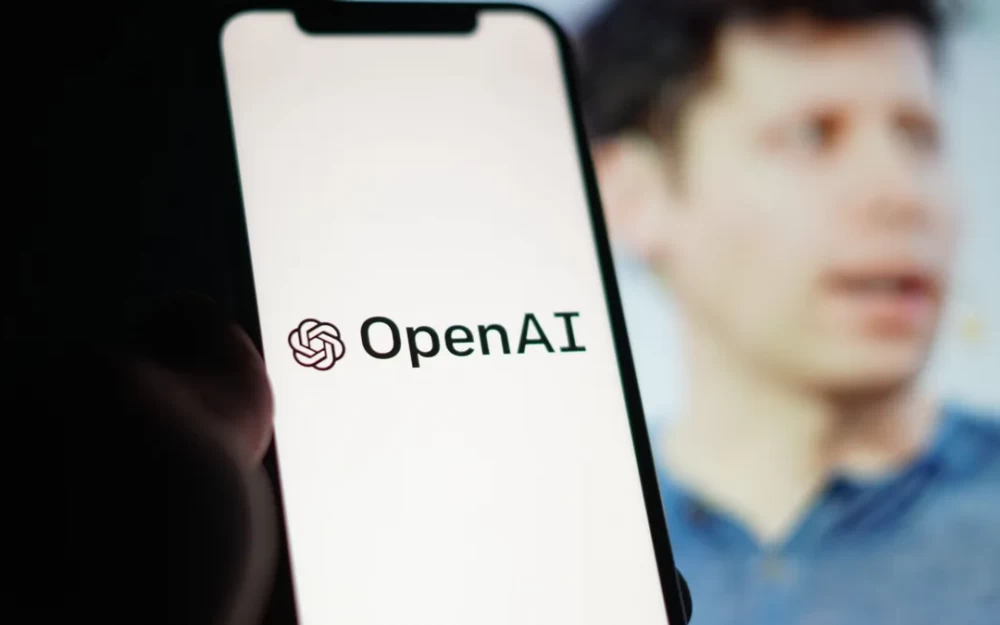
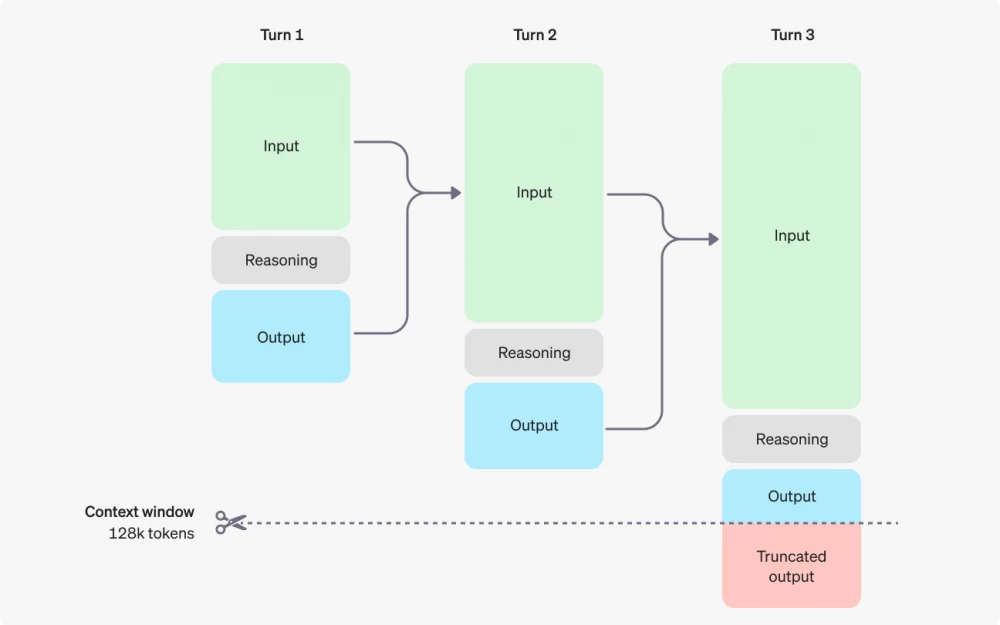
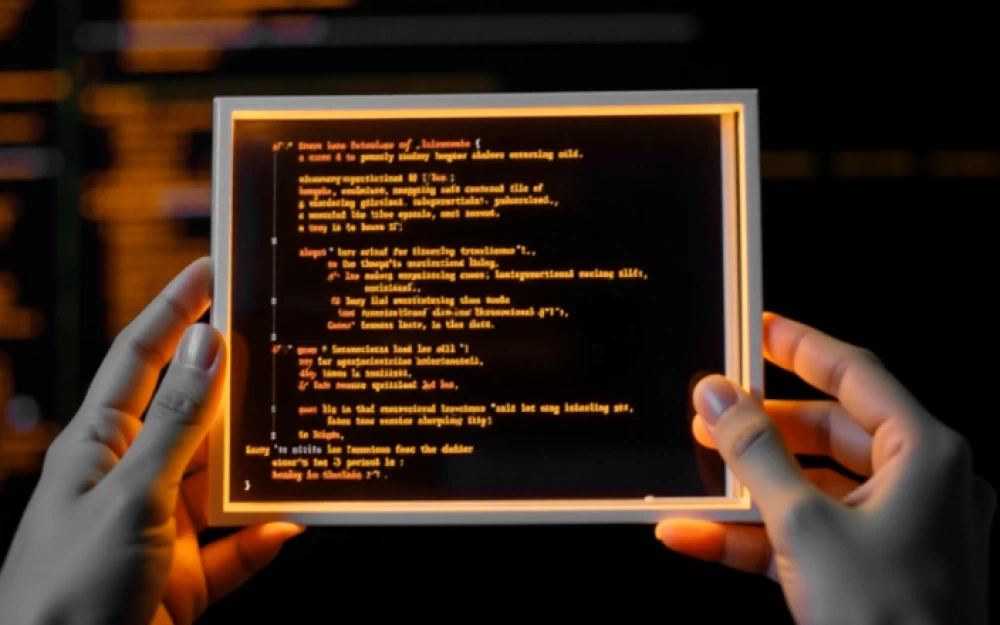
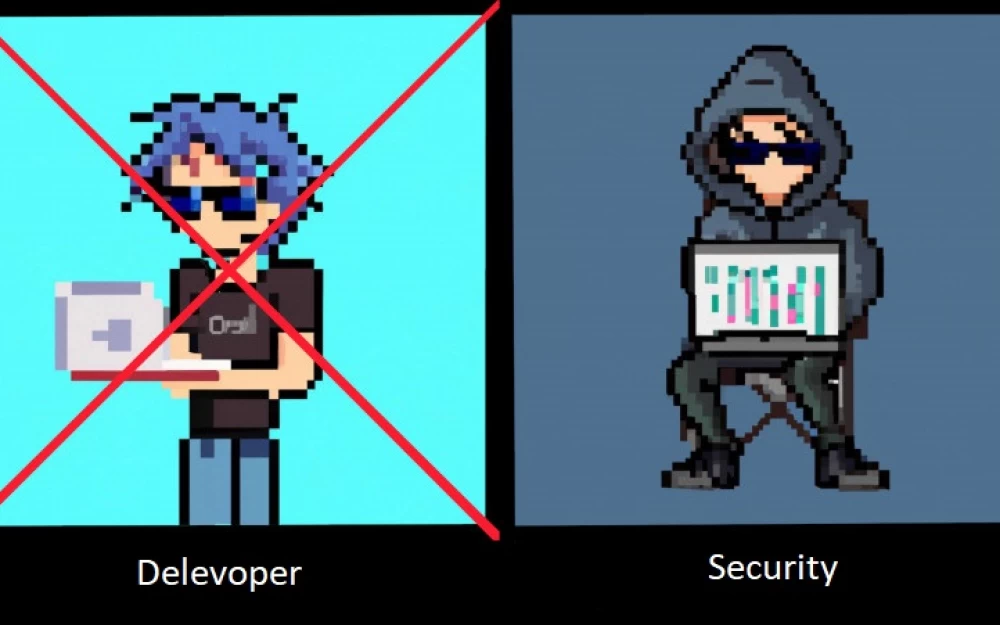
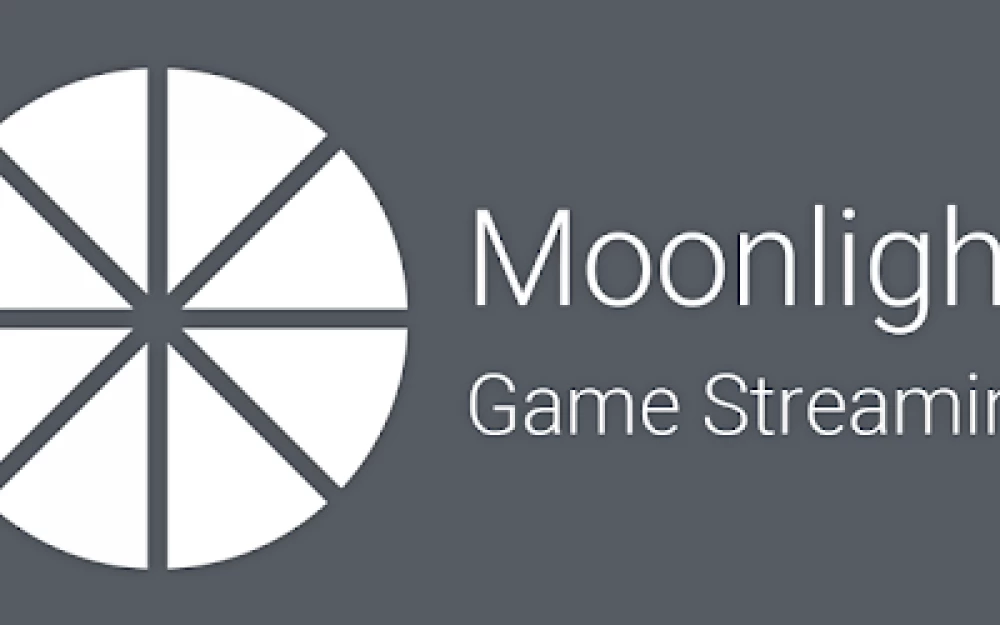
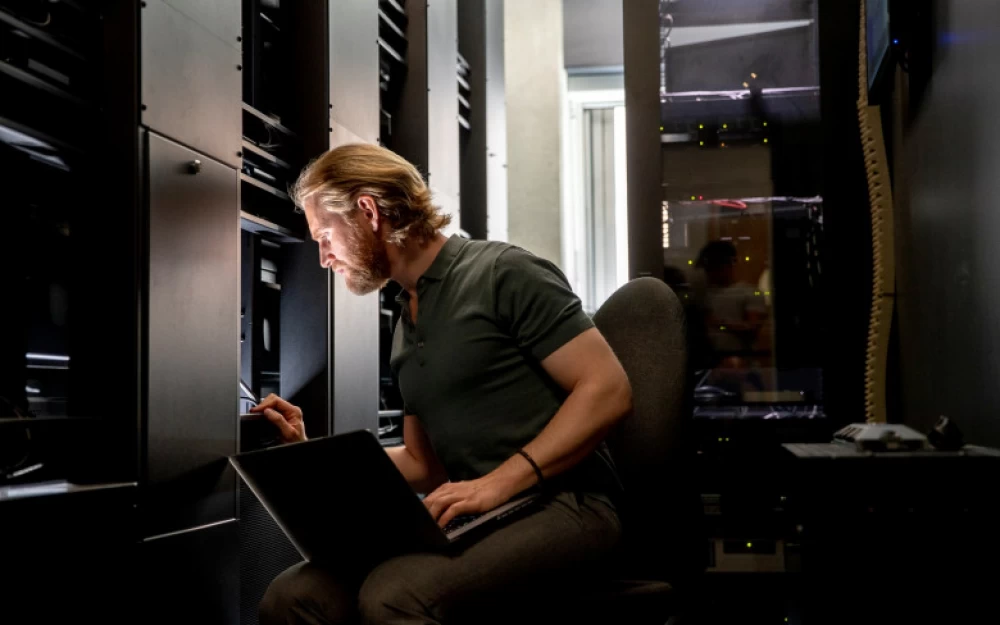
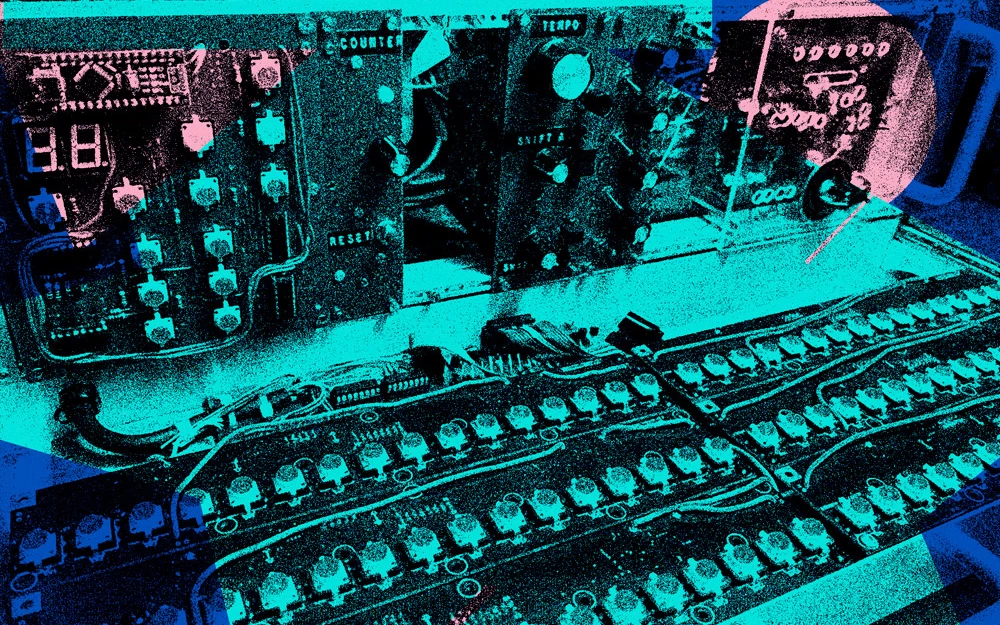



Write comment